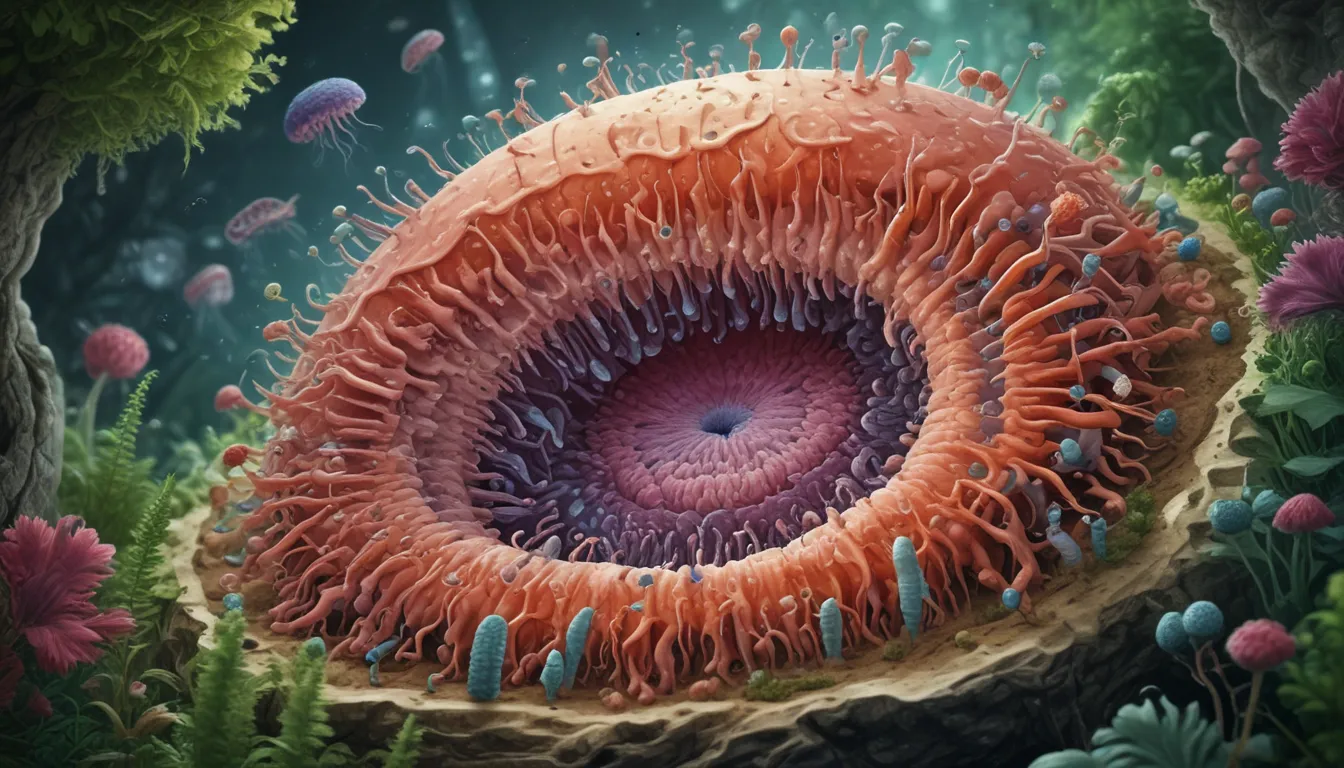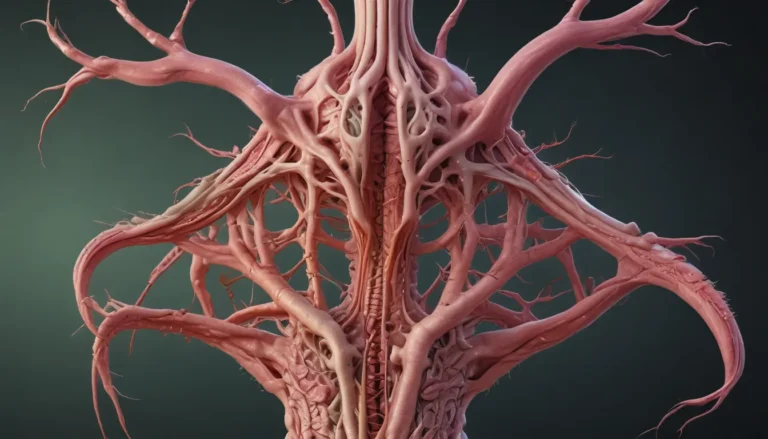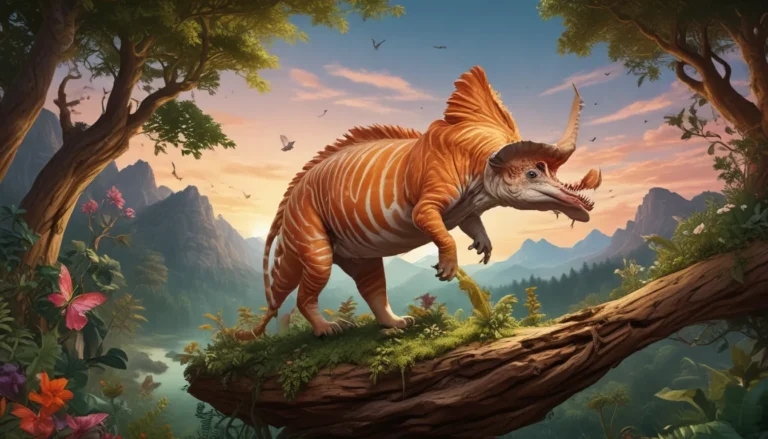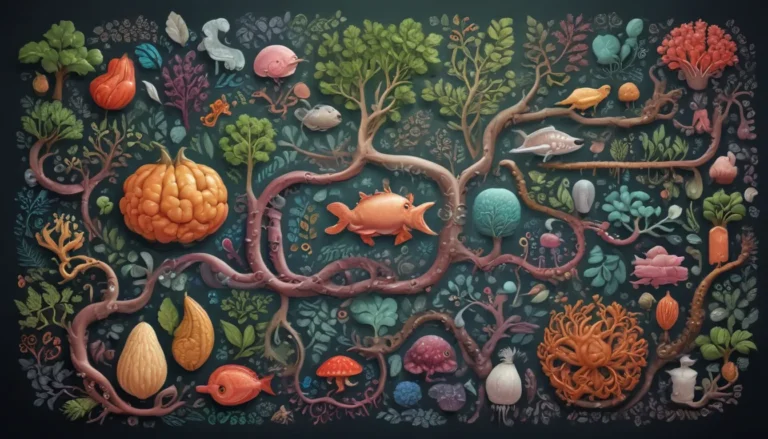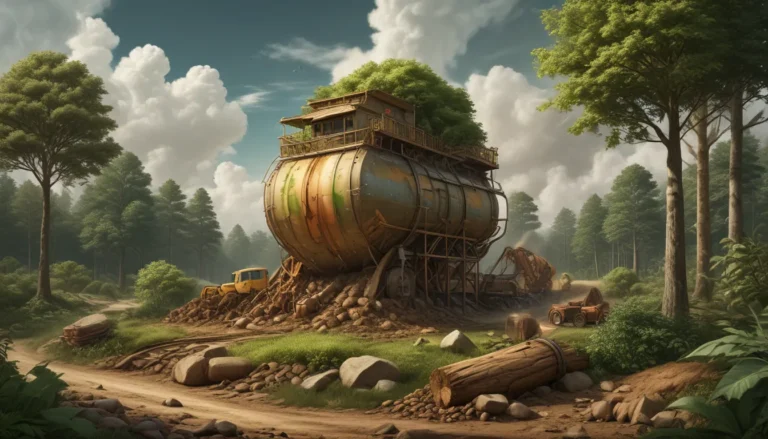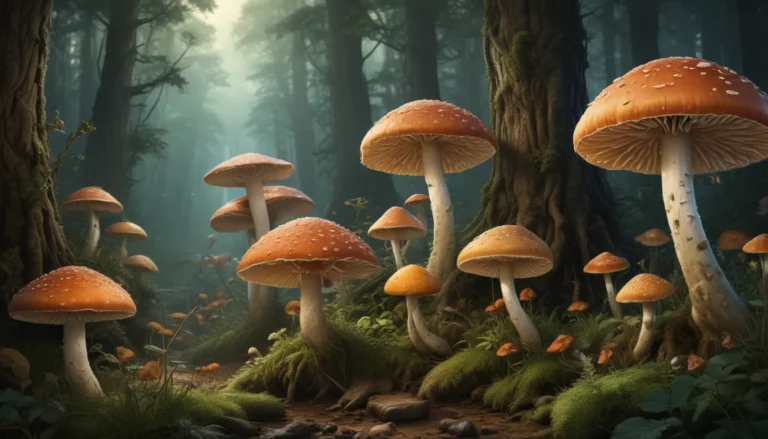A Note About Images: The images used in our articles are for illustration purposes only and may not exactly match the content. They are meant to engage readers, but the text should be relied upon for accurate information.
Microorganisms, often invisible to the naked eye, are tiny yet mighty creatures that play a crucial role in the intricate web of life on our planet. From aiding in nutrient recycling to causing diseases, these microscopic organisms influence every aspect of our ecosystem. Join us on a journey into the captivating world of microorganisms as we uncover 17 intriguing facts about these fascinating life forms.
Unveiling the Microbial Kingdom
- Microorganisms are Everywhere: From the depths of the ocean to the soil beneath our feet, microorganisms can be found in virtually every environment on Earth. They thrive in extreme habitats like hot springs and deep-sea hydrothermal vents.
- Diverse Beyond Imagination: Microorganisms encompass a vast array of life forms, including bacteria, viruses, archaea, fungi, and protozoa. Their diversity is unparalleled, with countless species yet to be discovered and classified.
- Survivors in Extreme Conditions: Some microorganisms defy all odds by thriving in extreme environments such as acidic lakes, Arctic ice, and even outer space.
Astonishing Numbers and Discoveries
- More Abundant Than Stars: The number of microorganisms on Earth is staggering, surpassing the estimated count of stars in the observable universe. Truly, trillions upon trillions of these tiny beings coexist with us.
- Ancient Origins: Microorganisms have been present on Earth for over 3.5 billion years, shaping the planet’s history and contributing to its vast biodiversity.
- Ecosystem Balancers: Microorganisms are essential for maintaining ecological balance through processes like nutrient cycling and decomposition of organic materials.
The Beneficial and Innovative Microbial World
- Health Guardians: While some microorganisms can cause diseases, many are beneficial and essential for human health. They aid in digestion, produce vitamins, and even protect against harmful pathogens.
- Antibiotic Producers: Certain microorganisms produce compounds like penicillin, which revolutionized medicine as one of the first antibiotics.
- Electricity Generators: Microbes known as electrogenic bacteria possess the remarkable ability to produce electricity through microbial fuel cells, paving the way for renewable energy sources.
Microbes in Action: Applications and Impacts
- Food Production Allies: Microorganisms are crucial in food production processes such as fermentation, contributing to the creation of diverse products like yogurt, cheese, and bread.
- Pollution Fighters: Some microorganisms specialize in bioremediation, breaking down and detoxifying pollutants like oil spills and industrial chemicals, offering eco-friendly solutions for environmental contamination.
- Plastic Transformers: Scientists are exploring the potential of certain microorganisms to produce biodegradable plastics, presenting a sustainable alternative to traditional fossil fuel-derived plastics.
Intriguing Microbial Wonders
- Communication Experts: Some microorganisms have intricate communication systems, enabling them to coordinate actions, form communities, and even orchestrate attacks on host organisms.
- Space Survivors: Microbes thriving on the International Space Station demonstrate their resilience in the extreme conditions of outer space, sparking curiosity about extraterrestrial life.
- Climate Influencers: Microorganisms play a pivotal role in the global carbon cycle, impacting greenhouse gas levels by contributing to both carbon dioxide production and consumption.
Embracing the Marvels of Microorganisms
Microorganisms, with their incredible diversity, adaptability, and capabilities, continue to captivate scientists and researchers worldwide. Understanding their vast potential for technological advancements and environmental sustainability opens doors to a world of possibilities. While some microorganisms pose threats, many others serve as unsung heroes in maintaining ecosystem balance and supporting human well-being.
Let’s delve deeper into the fascinating world of microorganisms, appreciating their remarkable contributions and significance in shaping our planet and advancing various sectors of our lives.
FAQs about Microorganisms
- What are microorganisms?: Microorganisms, also known as microbes, are tiny living organisms including bacteria, viruses, fungi, algae, and protozoa, only visible through a microscope.
- How do microorganisms impact human health?: While some microorganisms can cause diseases, others like the gut microbiome play beneficial roles in digestion, vitamin synthesis, and immune system support.
- Can microorganisms survive extreme environments?: Extremophiles, a subset of microorganisms, thrive in extreme conditions like high temperatures and salt concentrations where other organisms cannot survive.
- How do microorganisms contribute to the carbon cycle?: Microorganisms play a critical role in the carbon cycle through processes like decomposition, carbon fixation, and influencing greenhouse gas levels.
- Can microorganisms be used to clean up pollutants?: Yes, certain microorganisms are valuable in bioremediation efforts to detoxify pollutants like oil spills and industrial chemicals.
- Are all microorganisms harmful?: No, while some can cause diseases, the majority of microorganisms are either beneficial or neutral in their interactions with humans and the environment.
Microorganisms, while small in size, possess immense significance in our world. Explore the wonders of microbial life and the awe-inspiring capabilities of these tiny beings that enrich our lives and shape the world around us.
